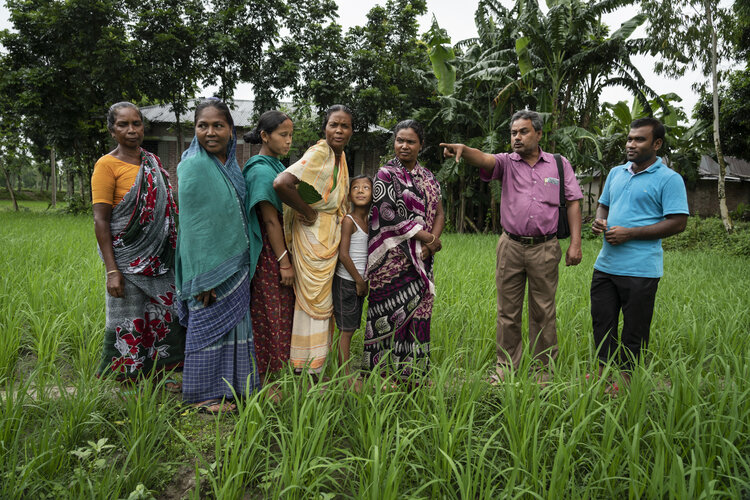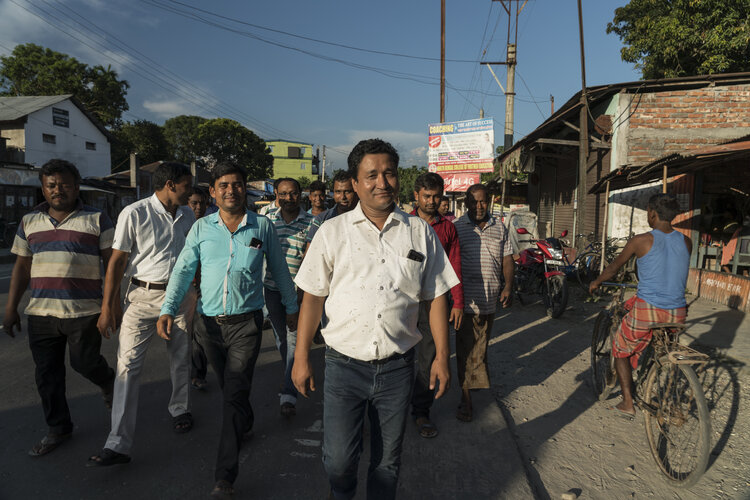5 – Research to Support Sustainable Food Systems
This component was structured to fill critical knowledge gaps on priority topics that required further investigation to support overall project objectives. These small research activities have contributed a more nuanced understanding of the key themes.
The context for food systems in the EGP
1. Understanding women’s role in agriculture in the EGP: The macro and micro connections
2. Political economy analysis of cross border agricultural trade in Bangladesh, India and Nepal
3. Private sector investment landscape


Sustainable groundwater development
This work presents applied research that can support the development of groundwater resources for agriculture in a sustainable and equitable way, so that the current cost of irrigation is reduced while still working within sustainable extraction limits. The key research areas have focused on options for more efficient use of water more efficiently at local levels; what the impacts of these savings are; and how energy and groundwater policies interact to influence agricultural production.
1. Unravelling the WEF nexus in WB, India. Does increased access to groundwater irrigation through electricity reforms affect equity and sustainability outcomes?
2. Regional hydrological impact of farm-scale water saving measures
3. Aquifer characterisation, artificial recharge and reuse of suddenly available water in south Bihar
4. Agrarian change and the role of groundwater in Bangladesh and West Bengal
Agrarian change and the role of groundwater in Bangladesh and West Bengal
Report (forthcoming)


Approaches to scaling and knowledge sharing
In the context of the challenges facing the food system in the EGP, solutions are needed that can address these at the farm level. ACIAR SDIP has worked from the basis of conservation agriculture (CA) as an appropriate technology to address challenges in the farming system, as evidenced by the work from SDIP Phase 1. Phase 2 has explored at the context for scaling CASI in the wider food system. Key lessons demonstrated from the work in this component include the need to promote and work with multi-stakeholder arrangements for outscaling; that effective field-policy links can result in convergence with government programs; and that groups continue to provide opportunities that are not possible for most individual smallholders to capitalise on.
1. Value chain and policy interventions to accelerate adoption of zero tillage in rice-wheat farming systems across the Indo-Gangetic Plains
2. Pilot project on commercialisation of the Virtual Multi-Crop Planter in Bangladesh
3. Assessing Syngenta Farmer Hubs in Bangladesh
Presentation – progress summary June 2021 (password: SDIP)
4. Pilot study on evolving agri-extension systems in Nepal